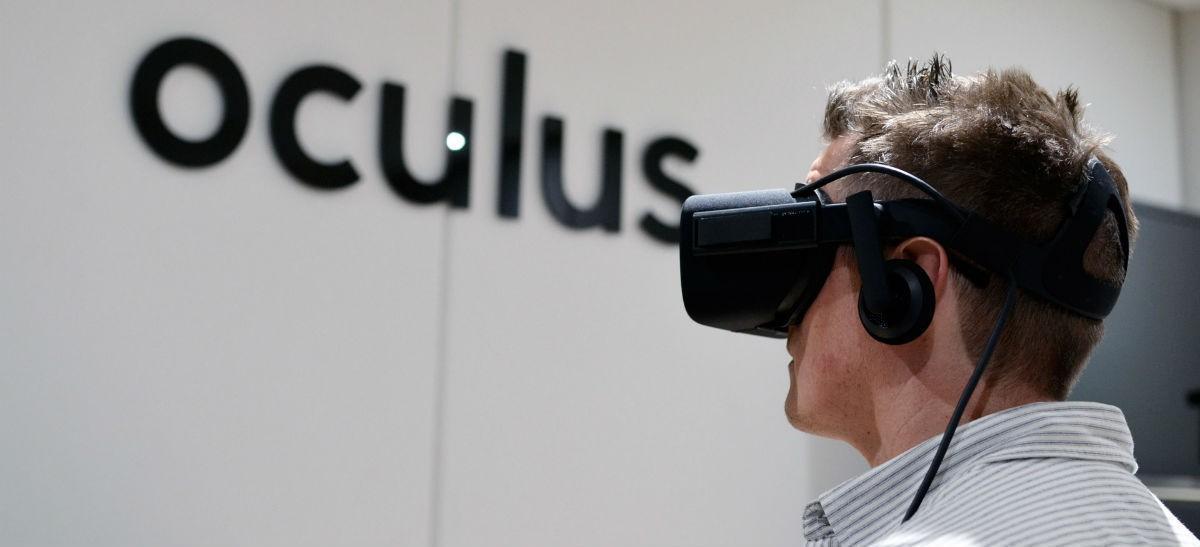A US District Court jury has awarded half a billion dollars to ZeniMax after finding that Oculus co-founder Palmer Luckey, and by extension Oculus, failed to comply with a non-disclosure agreement he signed.
In awarding ZeniMax $500 million, the jury also said that Oculus did not misappropriate trade secrets as contended by ZeniMax.
Of the $500 million, Oculus is paying out $200 million for breaking the NDA and $50 million for copyright infringement. Oculus and Luckey each have to pay $50 million for false designation. And Iribe has to pay $150 million for the same, final count.
The decision came following two and a half days of deliberation in the case being tried in the North District of Texas.
It remains unclear what sort of impact this will have on the daily retail sale of the Oculus Rift headsets. Facebook is expected to announced its fourth-quarter earnings after the market closes today.
The trial alleged that Luckey, Iribe, and half a dozen ex-ZeniMax employees had built the Oculus Rift virtual reality headset based on research and copyrighted code that was originally conducted by ZeniMax. ZeniMax wanted $4 billion in compensation, half of which would be awarded for punitive damages. Oculus managed to argue down the verdict by claiming that the lawsuit was driven by emotions rather than facts, citing that the company had referred to the initial incident as a “heist.” Oculus denied those allegations.
Oculus, which is now owned by Facebook, said they will be appealing, but that they look forward to eventually putting the case behind them.
“The heart of this case was about whether Oculus stole ZeniMax’s trade secrets, and the jury found decisively in our favor,” an Oculus spokesperson said.
“We’re obviously disappointed by a few other aspects of today’s verdict, but we are undeterred. Oculus products are built with Oculus technology. Our commitment to the long-term success of VR remains the same, and the entire team will continue the work they’ve done since day one – developing VR technology that will transform the way people interact and communicate. “



